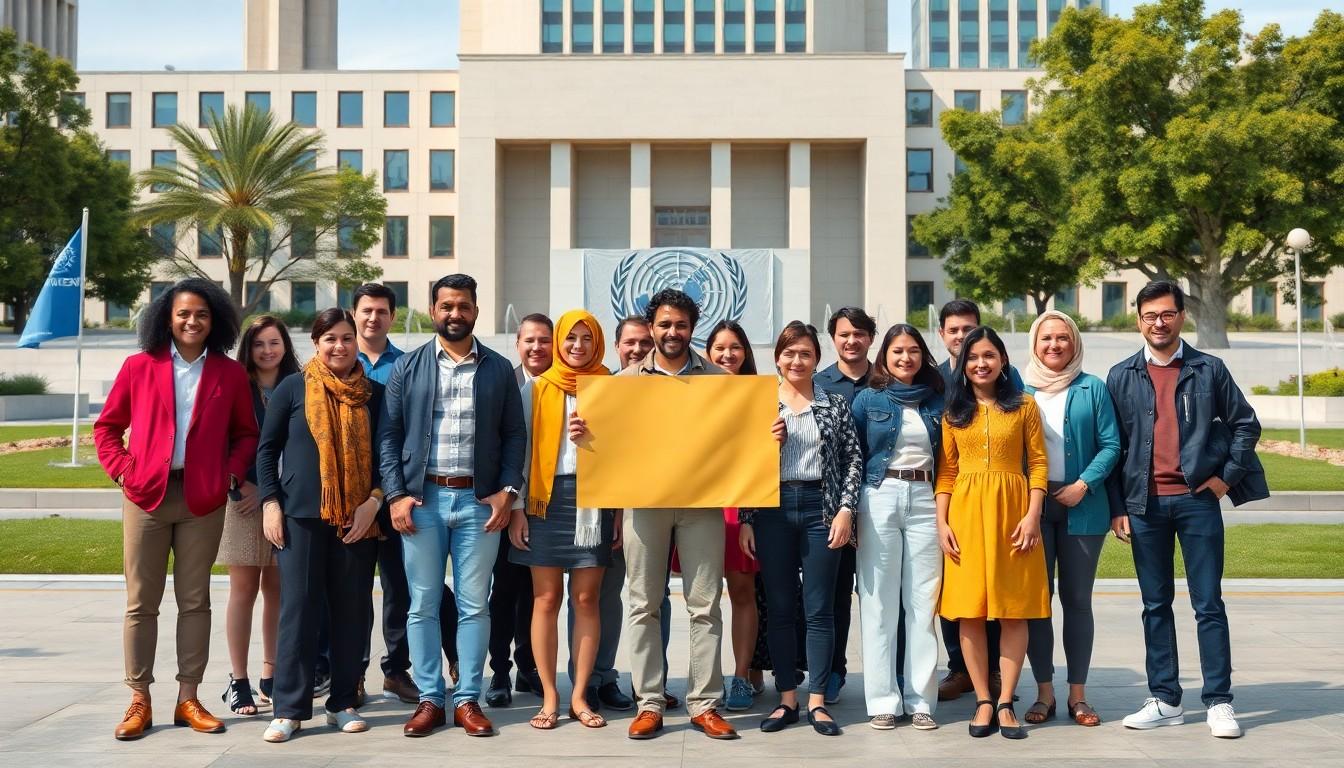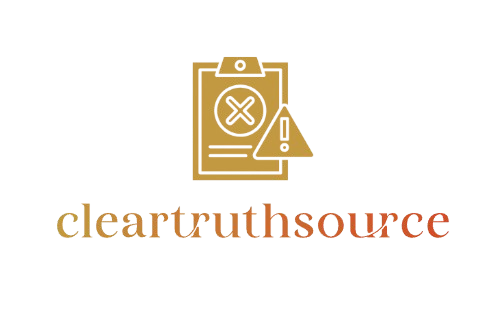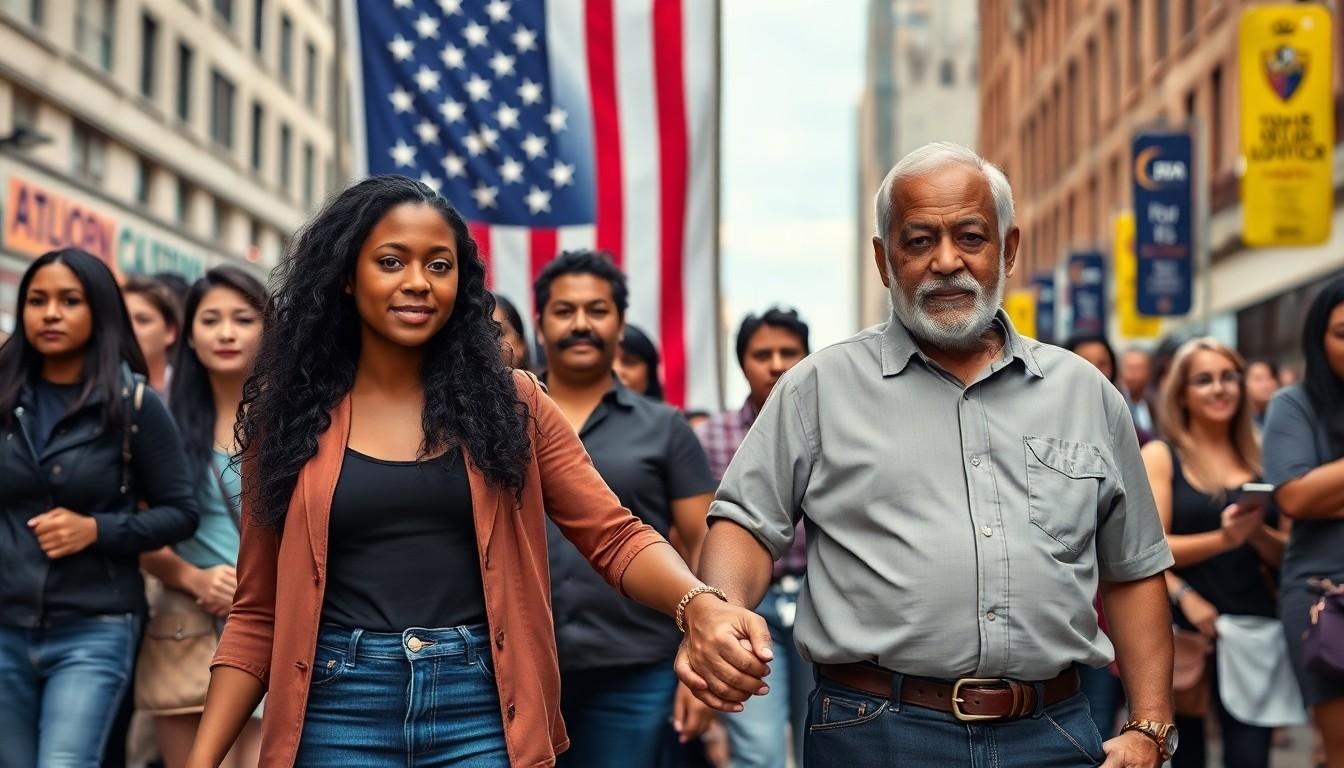In a world buzzing with opinions and debates, understanding human rights is like having a secret decoder ring for life. Imagine navigating daily challenges without knowing your basic rights—it’s like trying to find a Wi-Fi signal in a black hole. The 10 basic human rights are the essential tools everyone should have in their toolkit, ensuring dignity and freedom for all.
What are the 10 Basic Human Rights?
Human rights represent fundamental rights inherent to all individuals. These rights ensure that every person can live in dignity and freedom, regardless of their background. They encompass a range of civil, political, economic, social, and cultural rights. Prominent documents, like the Universal Declaration of Human Rights (UDHR), outline these essential rights.
Understanding human rights fosters awareness and accountability. People often fail to recognize their rights, leading to violations and injustices. Awareness serves as a powerful tool, enabling individuals to demand their rights and advocate for others. Organizations and governments should prioritize education on human rights to empower citizens.
Several key principles underpin human rights. First, they are universal, meaning they apply to everyone, everywhere. Second, they are inalienable; no one can take them away. Third, they are indivisible, indicating that all rights hold equal importance. Lastly, they promote equality, ensuring that everyone is treated fairly.
Human rights are not only legal entitlements but also moral imperatives. A society respects these rights when it upholds justice and equity. Ensuring access to basic human rights plays a critical role in fostering peace and development. Recognizing rights creates a foundation for sustainable progress.
Advocacy for human rights can take many forms. Activists often mobilize communities, raising awareness and pressing for change. Governments implement policies to protect rights and grant access to justice. International organizations work collaboratively to monitor and promote human rights worldwide.
This ongoing effort illustrates the collective responsibility to uphold and protect human rights for all.
The Universal Declaration of Human Rights

The Universal Declaration of Human Rights (UDHR) serves as a cornerstone for global human rights. Adopted by the United Nations General Assembly in 1948, its significance lies in its comprehensive outline of fundamental rights inherent to all individuals.
Historical Background
Historically, the UDHR emerged in the aftermath of World War II, addressing inhumane acts and emphasizing the need for human dignity. The horrors witnessed during the war prompted nations to unite in establishing a common standard for human rights. This declaration was drafted by representatives from diverse cultural backgrounds, reflecting collective human experience. Its adoption marked a pivotal moment in international law, as it shifted focus from national sovereignty to individual rights. Serving as a response to the desire for peace, the UDHR laid the groundwork for subsequent treaties and local laws.
Key Principles
Key principles of the UDHR include universality, inalienability, and indivisibility. Universality asserts that human rights apply equally to everyone, regardless of nationality. Inalienability indicates that rights cannot be taken away, ensuring the inherent dignity of each individual. Indivisibility emphasizes that all rights are interconnected; the violation of one right can undermine the entire framework. Additionally, the promotion of equality forms a central tenet, aiming to protect against discrimination. Together, these principles establish a robust foundation for understanding and advocating for human rights globally.
What Are the 10 Basic Human Rights?
Understanding the 10 basic human rights fosters awareness and promotes justice. These rights apply universally to every individual.
Right to Life, Liberty, and Personal Security
Every person holds the right to life, liberty, and personal security. Protection from arbitrary deprivation of life is essential. Individuals should live without fear of violence or unlawful detention.
Right to Freedom from Torture and Degrading Treatment
Protection from torture and inhumane treatment is fundamental. Every individual deserves to exist without suffering physical or mental harm. Societies must work to eliminate practices that degrade human dignity.
Right to Equality Before the Law
All individuals possess the right to equal protection under the law. Legal systems must treat everyone fairly, regardless of status. Discrimination in justice procedures undermines equality.
Right to Freedom of Thought, Conscience, and Religion
Everyone has the right to adopt their beliefs freely. This freedom extends to religion and personal convictions. Respect for diverse perspectives fosters a more inclusive society.
Right to Freedom of Opinion and Expression
Individuals maintain the right to express their opinions openly. This freedom supports open dialogue and encourages diverse viewpoints. Healthy societies thrive on the exchange of ideas without fear of censorship.
Right to Work and Education
The right to work ensures individuals can pursue livelihoods. Access to quality education bolsters personal and societal development. Opportunities for employment and learning empower communities.
Right to Participate in Government
Every person holds the right to engage in government processes. This participation includes voting and contributing to policy discussions. Active civic involvement strengthens democracy and representation.
Right to Social Security
Individuals should have access to social security systems. These systems provide support during times of need, such as unemployment or illness. Social protection is vital for reducing poverty and inequality.
Right to an Adequate Standard of Living
Everyone deserves an adequate standard of living. Access to food, clothing, and housing is essential for health and well-being. Governments must prioritize these basic needs to ensure human dignity.
Right to Peace and a Healthy Environment
Individuals should enjoy a peaceful existence and a sustainable environment. Environmental protection plays a critical role in humanity’s future. Advocating for a healthier planet directly impacts overall quality of life.
Importance of Human Rights Awareness
Understanding human rights plays a vital role in ensuring dignity and freedom for every individual. Knowledge of these rights empowers individuals to advocate for themselves and others. By being aware of their rights, people can challenge injustices effectively.
Human rights awareness fosters accountability among governments and organizations. When individuals know their rights, they demand justice and equality more confidently. Promoting human rights education in communities enhances societal respect for these fundamental rights.
Awareness creates a culture of respect that recognizes the universality and indivisibility of human rights. Each principle, such as equality and inalienability, reinforces that rights belong to everyone without exception.
Human rights also serve as legal entitlements, impacting lives daily. Advocacy in various forms—community initiatives, policy changes, and international cooperation—creates a strong framework for protecting these rights.
Education about human rights should be prioritized, especially in schools and communities. Increased knowledge helps individuals understand the consequences of neglecting human rights. It inspires collective mobilization to prevent violations and support vulnerable populations.
Entities and organizations dedicated to human rights must work tirelessly to promote awareness. They encourage dialogue and active participation, creating an informed populace. Ultimately, a well-informed society contributes to a peaceful and just world for all.

